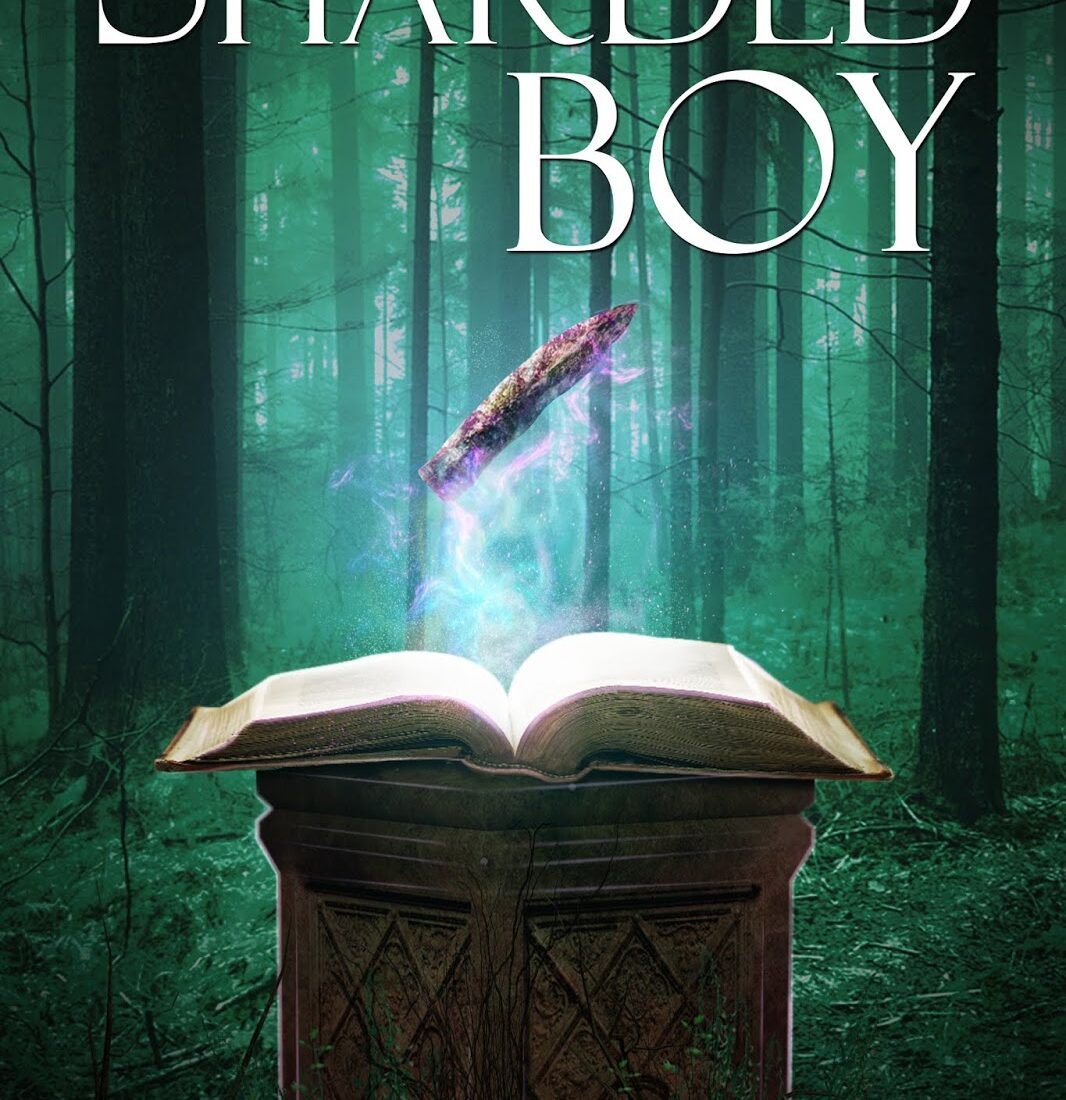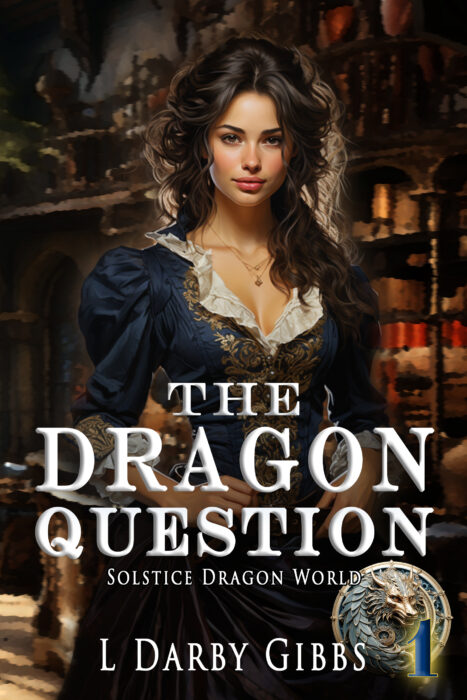
I am about to embark on writing the fifth book of the Standing Stones series. My daughter reminds me regularly this is the series that writes itself. It is an apt reminder. It started with a friend wanting me to write a guest post for her blog. She gave me a set of possible topics,…
